Avastin 400mg Injection (Bevacizumab)
₨115,000.00
Avastin contains bevacizumab which is now available in Pakistan at Online Pharmacy. The price range of Avastin 400mg Tablet is Rs.110,000/- to Rs.120,000/-
Product Description:
Brand: Avastin
Packet Size: 1’s Injection
Active ingredient: bevacizumab
Manufacturer: Roche
Treatment: Cancer
Additional Details
Uses of Avastin 400mg Injection
Avastin 40mg injection is a first-line option when used together with other cancer medicines.
Colorectal Cancer
Lung Cancer
Breast Cancer
Kidney Cancer
Other Cancers
How Does Avastin Work?
Tumor cells release a protein called vascular endothelial growth factor (VEGF). VEGF stimulates the growth of new blood vessels, which tumors need to grow and spread.
Avastin binds to VEGF, preventing it from interacting with its receptors on endothelial cells. Endothelial cells are the cells that line blood vessels.
Without VEGF signaling, endothelial cells cannot form new blood vessels. This starves the tumor of oxygen and nutrients, which can slow its growth or even shrink it.
How Should You Take Avastin 400mg Injection?
It’s important to understand that Avastin 400mg Injection is administered only by a healthcare professional, never at home. Here’s what you need to know about its administration:
When it comes to receiving Avastin 400mg Injection, it’s essential to know that this treatment is only administered by a healthcare professional in a medical setting. Here’s a simple guide on what to expect:
Method of Administration:
Intravenous Infusion: Avastin is given through a process called intravenous infusion, where it’s slowly dripped into a vein via a thin tube.
Duration: Typically, the infusion takes about 30-90 minutes to complete.
Frequency: Depending on your specific treatment plan, you might receive the injection every two or three weeks.
Preparation Steps:
Dilution: A healthcare professional will prepare your injection by diluting the Avastin solution with sterile saline.
Aseptic Technique: To avoid contamination, they’ll follow proper aseptic techniques during the preparation.
During the Procedure:
Comfort and Positioning: You’ll be seated or lying down comfortably in the treatment area.
Insertion of Needle: A small needle will be inserted into a vein, usually in your arm, for the infusion.
Infusion Process: The diluted Avastin solution will then be infused slowly through the tube.
Monitoring: Throughout the infusion, you’ll be closely monitored for any potential reactions or side effects.
Recommended Dosage of Avastin 400mg Injection
Avastin is a medication used to treat various types of cancer, and its dosage varies depending on the specific cancer type. Here’s a simplified guide to the recommended dosages for Avastin in different cancer treatments:
Metastatic Colorectal Cancer:
Initial Dosage: 5 mg/kg every 2 weeks, used with intravenous 5-fluorouracil-based chemotherapy.
Adjusted Dosage: If the disease progresses, the dosage may be increased to 10 mg/kg every 2 weeks or 5 mg/kg every week.
Non-Small Cell Lung Cancer:
Recommended Dosage: 15 mg/kg every 3 weeks, in combination with carboplatin and paclitaxel.
Glioblastoma:
During Radiotherapy: 10 mg/kg every 2 weeks, combined with radiotherapy and temozolomide.
Post-Radiotherapy: Continue with 10 mg/kg every 2 weeks as a single agent.
Ovarian, Fallopian Tube, or Primary Peritoneal Cancer:
Initial Phase: 15 mg/kg every 3 weeks, alongside carboplatin and paclitaxel.
Maintenance Phase: After the initial treatment, continue with 15 mg/kg every 3 weeks as a single agent.
Hepatocellular Carcinoma:
Recommended Dosage: 15 mg/kg every 3 weeks, following the administration of 1,200 mg of atezolizumab. Continue until disease progression or unacceptable toxicity is observed.
Warnings and Precautions Avastin 400mg Injection
Warnings
Bleeding Risks: Avastin can increase your risk of bleeding. It’s crucial to get emergency help if you experience uncontrollable bleeding. Be particularly alert for signs of internal bleeding, like feeling extremely weak or dizzy, severe stomach pain, having bloody or tarry stools, coughing up blood, or if your vomit resembles coffee grounds.
Brain Bleeding Symptoms: If you notice sudden numbness, weakness, slurred speech, severe headaches, or changes in vision or balance, these could be signs of bleeding in the brain.
Wound Healing Complications: Avastin can affect your body’s ability to heal wounds. Avoid using it within 28 days before or after any planned surgery to reduce the risk of bleeding or infection.
Precautions
Other Cancer Medications: Be cautious if you are being treated with cancer medicines like doxorubicin or daunorubicin.
Health History: Inform your doctor if you’ve had ovarian cancer, especially with symptoms like severe stomach or pelvic pain.
Recent or Upcoming Surgery: Avastin should not be used if you’ve had surgery within the past 4 weeks or plan to have surgery within the next 4 weeks.
Vomiting Blood: Alert your doctor if you cough up blood or vomit that looks like coffee grounds.
Medical Conditions: It’s important to disclose if you have diabetes, heart problems (including past heart attacks, strokes, blood clots), high blood pressure, bleeding issues, a history of gastrointestinal perforation, or kidney disease.
Possible Side Effects of Avastin 400mg Injection
Emergency Situations
Allergic Reactions: If you experience symptoms like hives, difficulty breathing, or swelling of your face, lips, tongue, or throat, seek immediate medical help. These could be signs of an allergic reaction to Avastin.
Immediate Side Effects During Injection
During Injection: Alert your healthcare provider immediately if you feel dizzy, nauseated, light-headed, itchy, sweaty, experience a headache, chest tightness, back pain, trouble breathing, or swelling in your face.
Neurological Concerns
Brain Disorder: Avastin can cause rare but serious neurological disorders. Symptoms can surface within hours of the first dose or even up to a year later. Contact your doctor immediately for symptoms like extreme weakness, tiredness, headache, confusion, vision problems, fainting, or seizures.
Bleeding Risks
Increased Bleeding Tendency: Avastin can make you more prone to bleeding. Immediate medical attention is needed if you face issues like easy bruising, unusual bleeding, severe stomach pain, bloody or tarry stools, or coughing up blood.
Gastrointestinal and Other Complications
Perforation or Fistula: Notify your doctor if you experience severe stomach pain or choking sensations during eating or drinking.
Slow Wound Healing: Watch for skin infections, open sores, or slow healing.
Missed Periods: Alert your doctor if you notice changes in your menstrual cycle.
Kidney Problems: Symptoms like swelling, reduced urine output, fatigue, or shortness of breath need immediate attention.
Blood Clots and Heart Issues: Chest pain, cough or shortness of breath, pain in a leg, or symptoms like chest pressure, nausea, or sweating are serious and require urgent care.
Low White Blood Cell Counts: Fever, mouth sores, skin sores, sore throat, and cough are signs of low white blood cells.
Delayed or Discontinued Treatment
Treatment Adjustments: Your cancer treatments may be delayed or stopped if you experience certain side effects.
Common Side Effects
Less Serious Side Effects: These can include increased blood pressure, headache, back pain, dry or watery eyes, skin changes, nasal symptoms, or changes in taste.
Remember, while using Avastin, it’s essential to be vigilant about these side effects and communicate any concerns to your healthcare provider promptly. Your treatment plan may need adjustments based on your body’s reaction to Avastin.

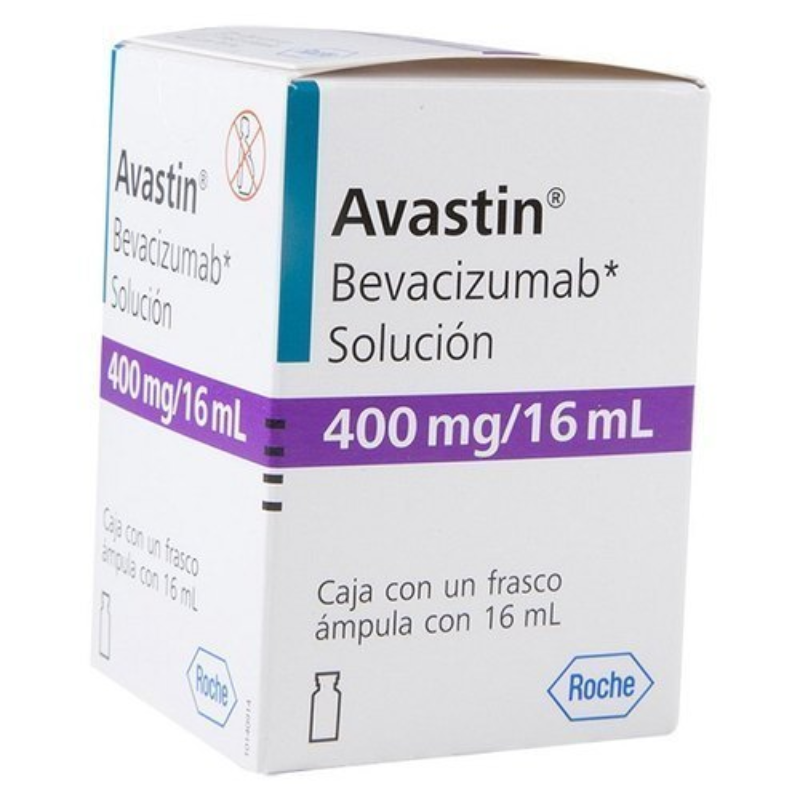
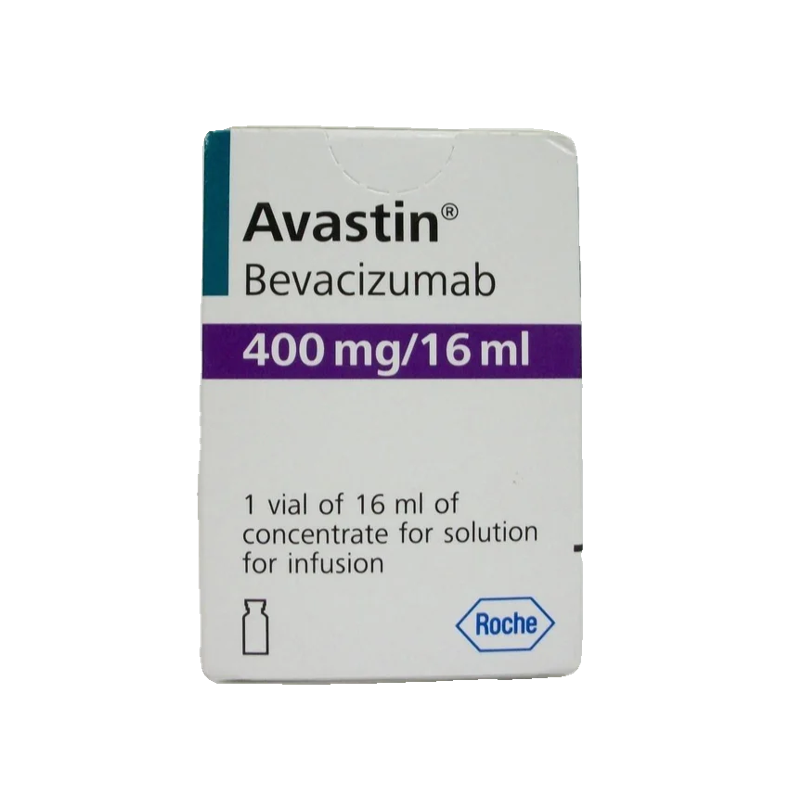
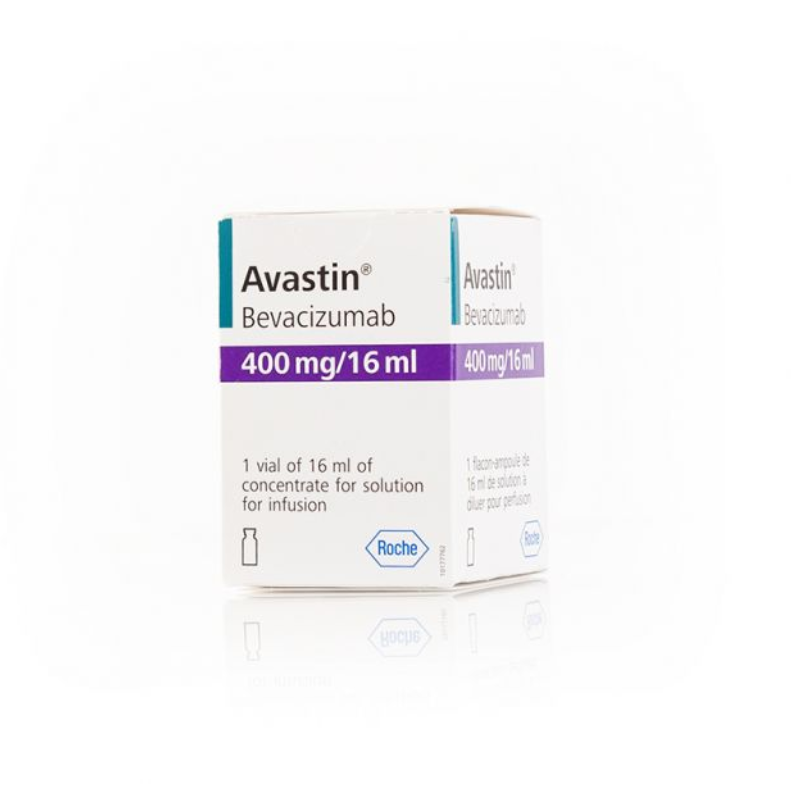

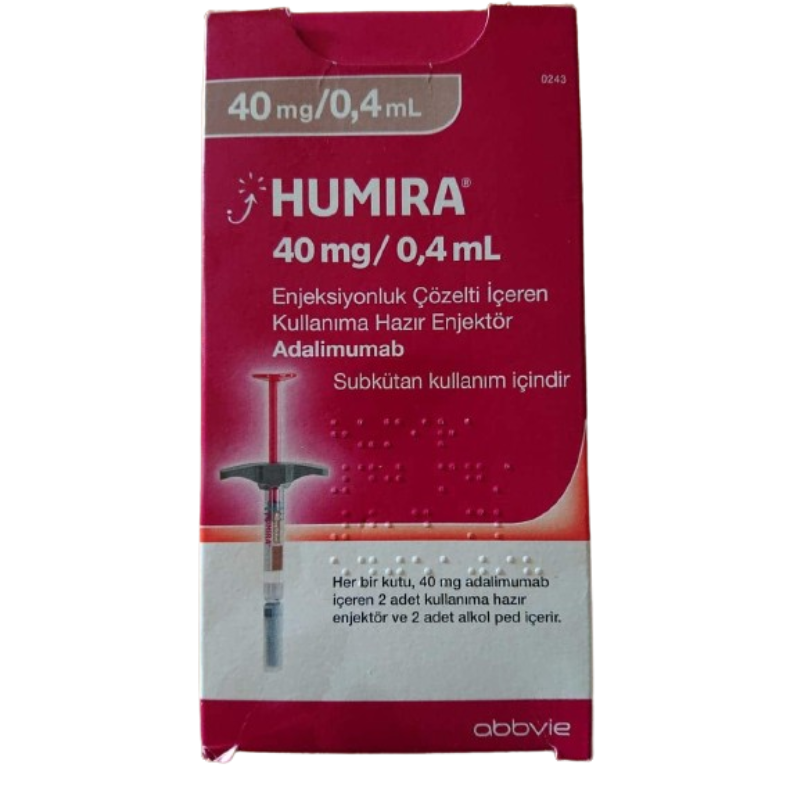
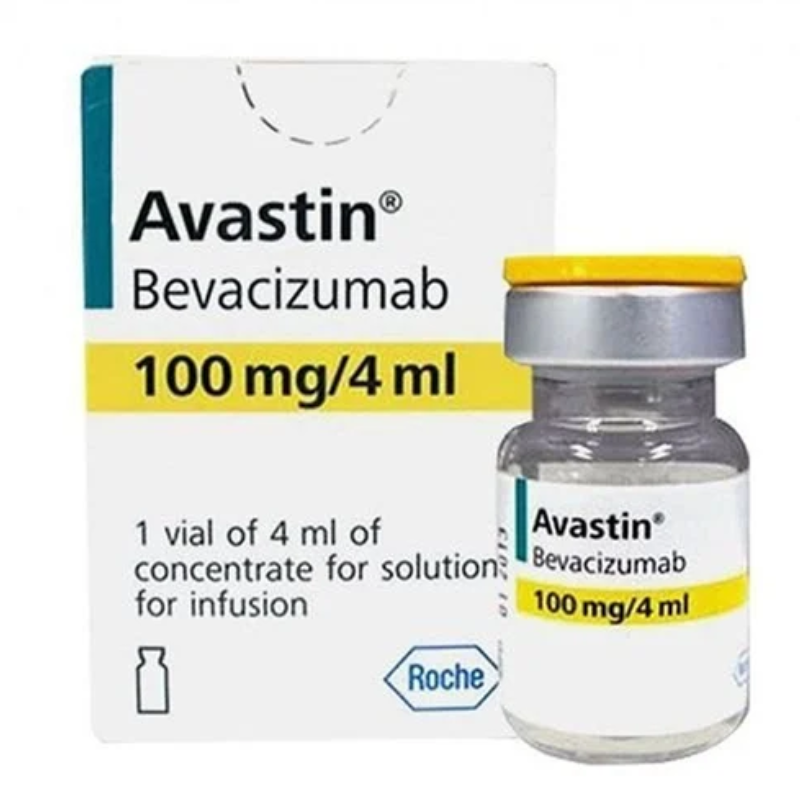
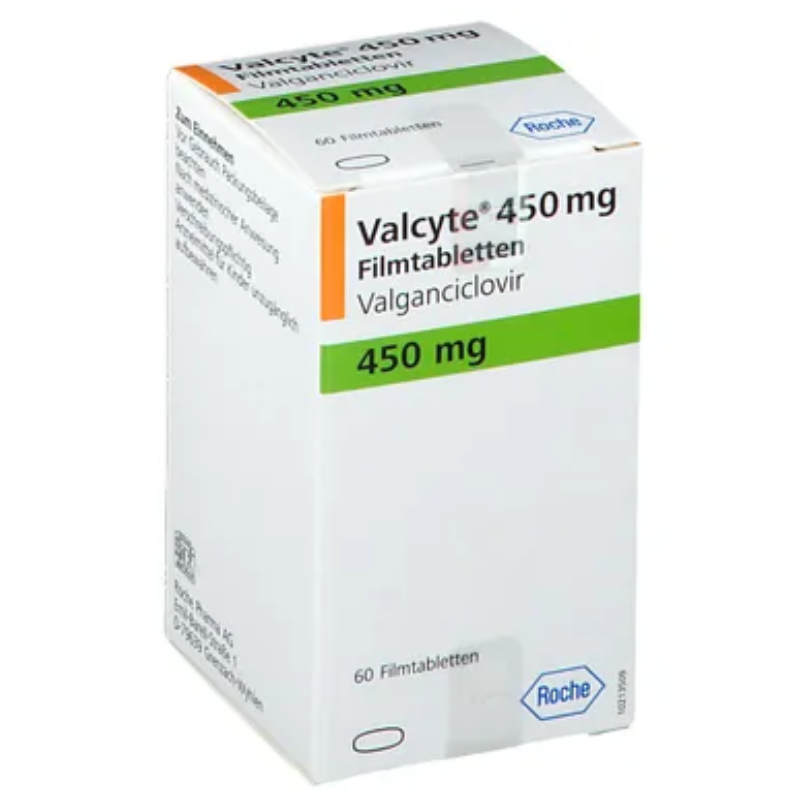
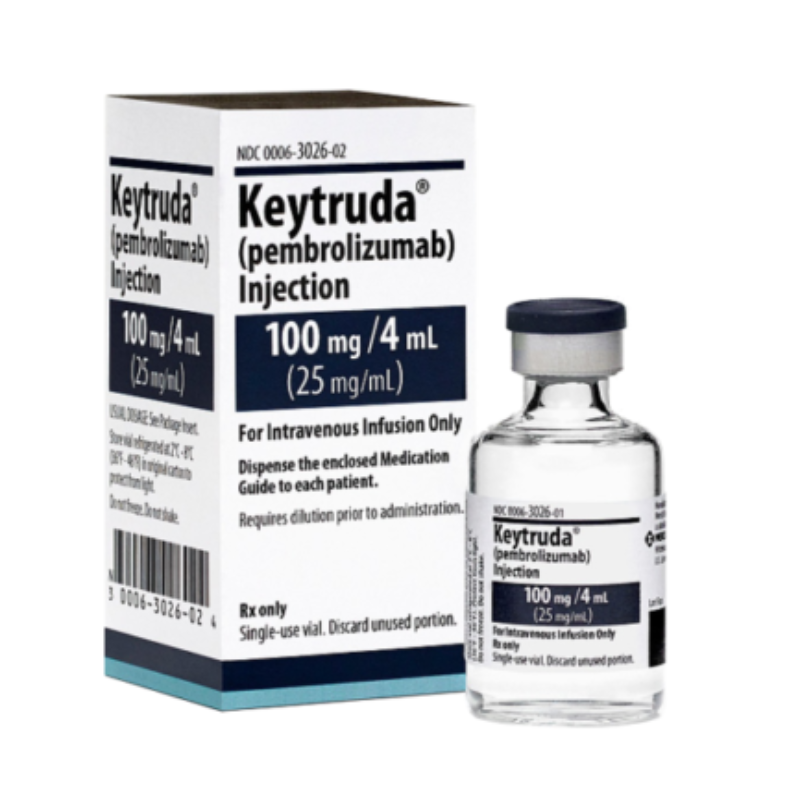

Osama –
Professional service and genuine product!
shahid –
Excellent handling and fast shipping!